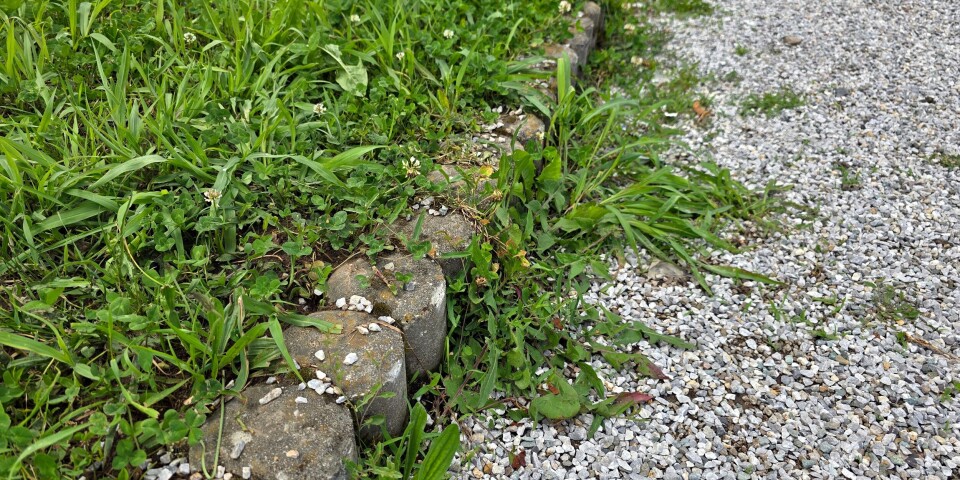Understand France's inheritance tax rules and ²Ô³Ü±ð-±è°ù´Ç±è°ù¾±Ã©³Ùé
Question relates to situation when holder of a ²Ô³Ü±ð-±è°ù´Ç±è°ù¾±Ã©³Ùé predeceases the holder of the usufruit
Remember that French inheritance tax allowances vary depending on the relationship between the deceased and the person inheriting
alexkich/Shutterstock
Question: Can you advise what the situation would be if the holder of a ²Ô³Ü±ð-±è°ù´Ç±è°ù¾±Ã©³Ùé predeceases the holder of the usufruit? Would there be inheritance tax payable even though the deceased had not come into full possession? P.S.
Answer: This scenario relates to a situation where one person owns a lifetime right to use a property (usufruit) and another person has the residual ownership of the legal title.
It is sometimes used, for example, where parents give the ²Ô³Ü±ð-±è°ù´Ç±è°ù¾±Ã©³Ùé to their children, thus reducing the tax the children have to pay because they do not get use of it immediately.
The ²Ô³Ü±ð-±è°ù´Ç±è°ù¾±Ã©³Ùé right has a certain monetary value in itself, so it would form part of the estate of the person who has died and would be potentially taxable, but bearing in mind French inheritance tax allowances which vary depending on the relationship between the deceased and the person inheriting this right.
Read more: Where do we pay house inheritance tax in France?
Inheritance tax would be payable on the value of this right, by the person or people designated to inherit it in the deceased’s will (or any close family inheriting according to French intestacy rules, if there was no will).
The exception to this is if the agreement to split the property into usufruit and ²Ô³Ü±ð-±è°ù´Ç±è°ù¾±Ã©³Ùé included a clause that the full ownership returns to the usufruitier in the case of the ²Ô³Ü±ð-±è°ù´Ç±è°ù¾±Ã©³Ù²¹¾±°ù±ð pre-deceasing them (this is more commonly the case where the latter has no children).




























